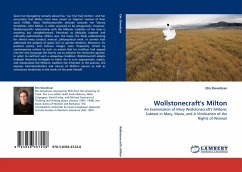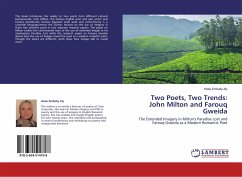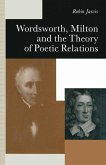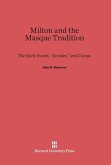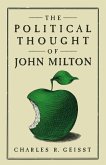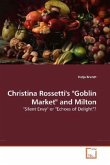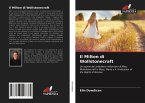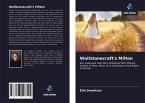Given her derogatory remarks about Eve, "our first frail mother," and her accusation that Milton must have meant to "deprive" women of their souls (VRW), Mary Wollstonecraft's attitude towards her literary forefather, John Milton, is often assumed to be antagonistic. However, Wollstonecraft's relationship with the Miltonic tradition of her time is anything but straightforward. Perceived as biblically inspired and culturally authoritative, Milton was, she knew, the likely underpinning for almost every conduct manual, philosophical work, or sermon that addressed the subjects of good, evil, or gender relations. Moreover, his pastoral poetry and famous images were frequently mined by contemporary writers to such an extent that his tradition had seeped into the very language she had to use to advance her revisionist agenda. In order to confront such a ubiquitous tradition, Wollstonecraft adopts multiple rhetorical strategies in which she in turn appropriates, rejects, and manipulates the Miltonic tradition she inherited. In the process, she exposes misinterpretation and misuse of Milton's oeuvre as well as revisionary tendencies in the works of the poet himself.
Bitte wählen Sie Ihr Anliegen aus.
Rechnungen
Retourenschein anfordern
Bestellstatus
Storno

